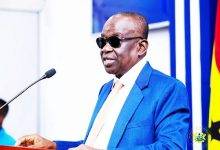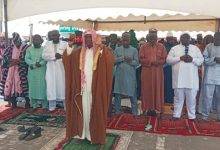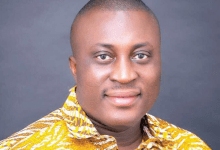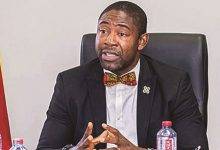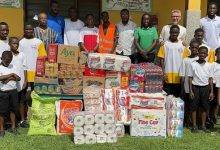
A four-day workshop is underway at Akosombo in the Eastern Region to build the capacity of communication experts from the electricity regulatory authorities of the Economic Community of West African States (ECOWAS) member countries.
Attended by 13 representatives from 11 member states including Ghana and other officials, it is aimed at enhancing their knowledge on the development of the ECOWAS regional electricity market and the fundamentals of electricity regulation to enable them to effectively create public awareness.
The ECOWAS Regional Electricity Regulatory Authority (ERERA) organised the workshop under an European Union (EU)-funded programme on Improving the Governance of the Energy Sector in the ECOWAS region (AGOSE-AO) which, among other things, focuses on building the capacity of key stakeholders on the electricity market.
Speaking at the opening of the workshop yesterday, the Chairman of ERERA, Professor Honoré Bogler said the role of communication experts in promoting the visibility of the development of the regional market was considered as an important factor in the overall success and sustainability of the regional electricity market because they served as a link between media and their publics.
“You can do whatever you want for people but if they are not aware, it may not succeed. It is only when they understand that it will work. That is why communicators are important,” he said.
Prof. Bogler said as part of efforts to increase awareness of the market and related activities, the Authority had planned to tour all member states, but it was botched by the COVID-19 pandemic.
However, he said, the plan would be executed amongst other activities earmarked towards the full operationalisation of the market in the coming years.
Touching on the launch of the second phase of the electricity market, he said following the delay by the COVID-19, the Authority was collaborating with the relevant bodies to put measures in place to launch it by the beginning of 2023.
While the first phase launched in 2018 involved getting regulatory bodies in member countries together and rules harmonised, he said the second phase would be about the competitive market where the market rules would be operationalised.
“Those who want to sell power will send their offer and those who want to buy will send their demand and the one who will win will sell. In doing so, the public will benefit from less pricing” he said.
On his part, the ECOWAS Resident Representative in Ghana, Baba Gana Wakil said well-informed communicators were key to pushing the electricity market project which is intended to collectively address electricity challenges in West Africa.
Aside from the capacity building, he said ECOWAS, with support from GIZ, was reviewing its two-decade old Information, Communication Technology (ICT) policy to be abreast of current trends in communication.
He said ECOWAS was keen on ensuring that the citizenry were informed about the project to enable them appreciate and own the market when it was fully operational.
In the course of the workshop, participants would be taken through market development, transmission services, information management, gender mainstreaming, stakeholder engagement processes and advocacy in the electricity sector, challenges and solution to effective regulation and development of the regional market in the ECOWAS power sector.
FROM JONATHAN DONKOR, AKOSOMBO



